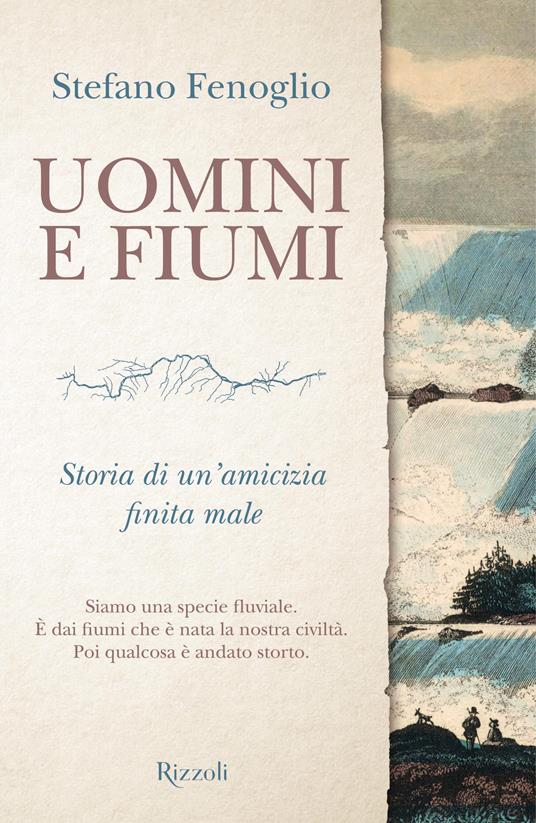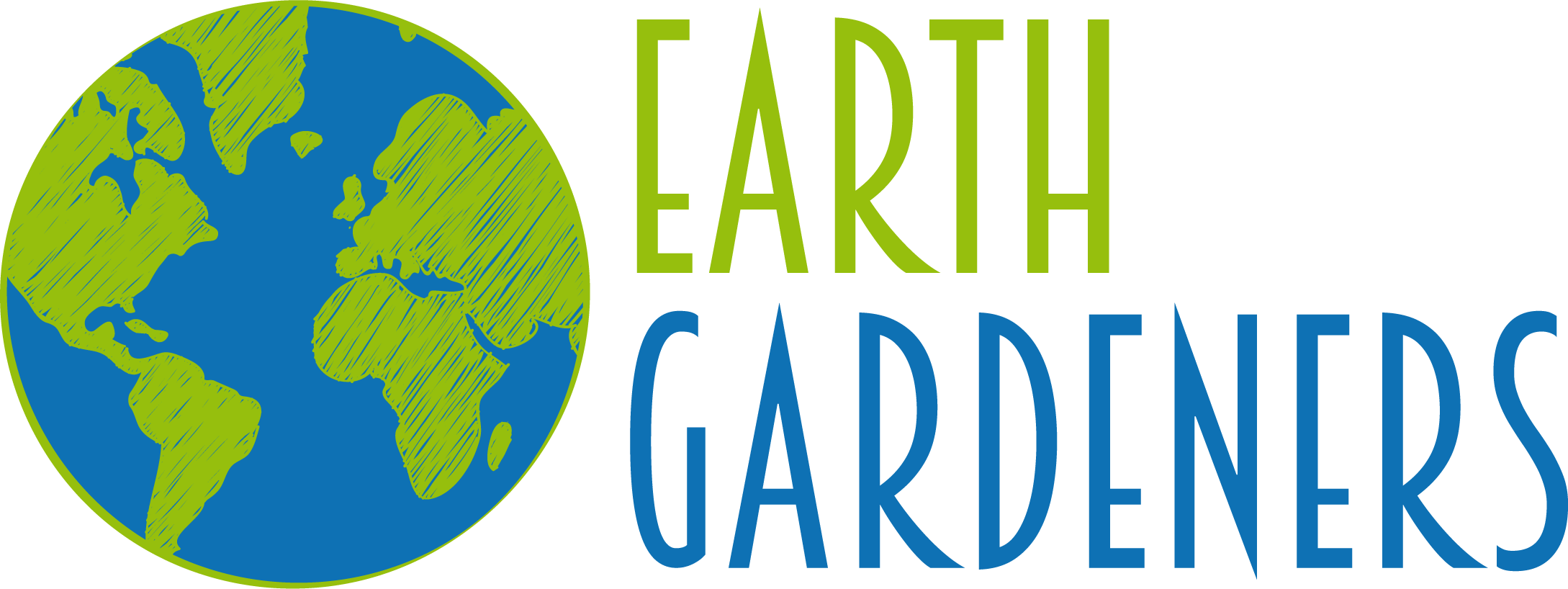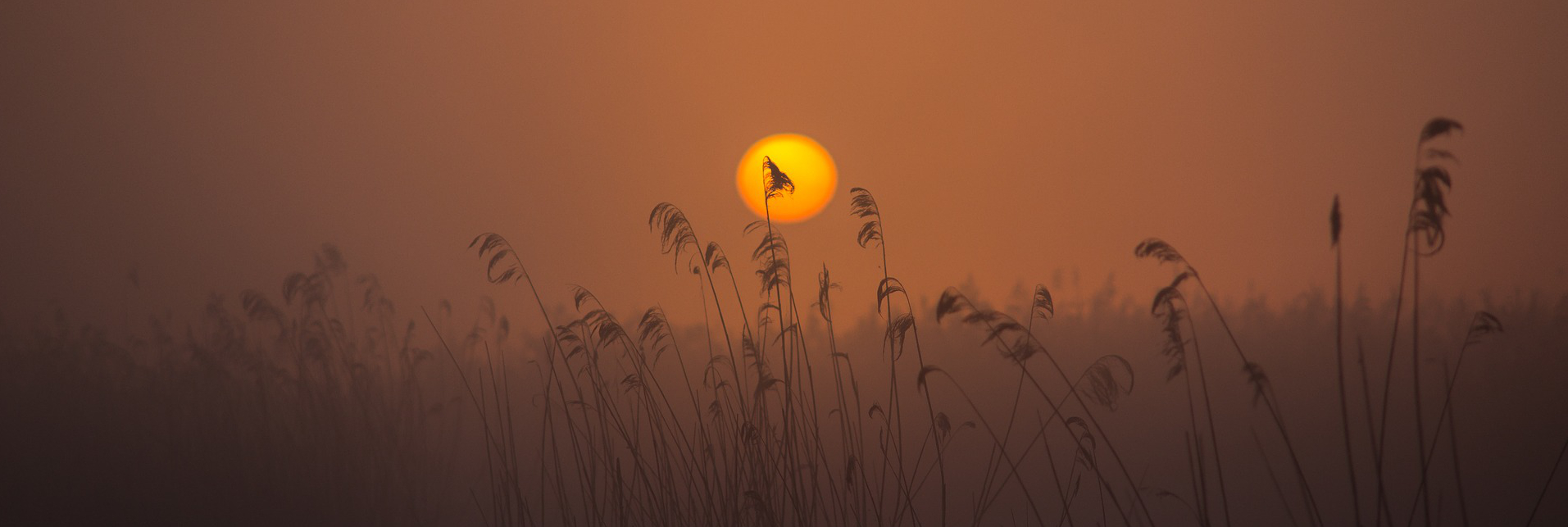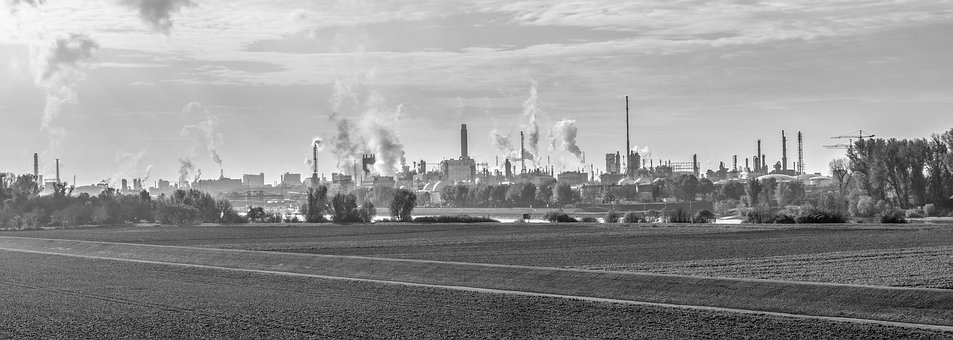
We are a riverine species. It is from the rivers that our civilization was born. Then something went wrong.
For a long time, our relationship with rivers has been parasitic: we use them and abuse them, we distort their course, the hydrographic networks that feed them, and therefore also the biodiversity they host; then we forget the messes made and, when ignoring its most basic laws causes serious damage to our lives, we despair, until the next emergency which is increasingly closer and more catastrophic in its effects.
If only we remembered how life, social, technological, and cultural development of humanity were possible thanks to their waters… if only we remembered that history books call the Nile, the Tigris, the Euphrates, and the Tiber “cradles of civilization”. , before messing with their courses and fiddling with their banks, we would try to understand their ecology.
For some time now we have started (finally!) to worry about climate change and the health of our rivers because we are realizing that a resource that we considered obvious – renewable – is not so obvious and inexhaustible.
«Rivers have been the natural environment that, more than any other, has allowed us to become what we are.» Stefano Fenoglio, who taught Ecology and Zoology at the University of Turin, is a son of rivers. He has been frequenting them since he was a child, studying and monitoring them for decades. He has always loved them. Driven by an early passion and a profound knowledge, in this book he guides a compelling “navigation” to the rediscovery of these friends – which were, in the past, intimate, cared for and respected – and explains to us how the rivers have allowed human groups to turn, from nomads and hunters such as were, into sedentary and dedicated to agriculture; he explains how they have been essential to satisfy our primary needs (sustenance and hygiene); how they guaranteed us defense and nourishment; how they allowed the settlement and formation of large communities, economic, territorial and technological development; how they made commercial and cultural communications possible. A vital network, so similar to the system of arteries, veins and capillaries that crosses our body, and which nourishes not only the landscape, but since ancient times stimulates the spirit, intelligence, inventiveness and has improved the mental well-being of the ‘man. Let’s not forget the majesty, magic, beauty, serenity, calm and life-giving energy of the rivers.

Pagine: 240 p., Brossura | EAN: 9788817182294
Thus, by dispelling insidious myths, with curious and amusing personal anecdotes, and precious episodes and encounters from his professional life, Stefano Fenoglio with his Uomini e fiumi (Men and rivers) wants to raise awareness and warn us: rivers must be known and managed with sensible interventions, dictated by competence and long-range planning. It is necessary to start acting immediately, locally, to strengthen that saving bond that we have altered with arrogance and ignorance.
This is the reason why, in a period like the one just passed, which saw Emilia Romagna and Tuscany grappling with mud and social dramas, we strongly recommend Uomini e fiumi.
We also recommend an article that you find on this same blog:
https://www.earthgardeners.it/en/2021/03/07/the-river-i-would-like/
Credits
Author: Anna Lacci is a scientific popularizer and expert in environmental education and sustainability and in territory teaching. She is the author of documentaries and naturalistic books, notebooks and interdisciplinary teaching aids, and multimedia information materials.
Translation by Maria Antonietta Sessa




